It’s that time of year again. Time for turkey and all the trimmings on Thanksgiving, and all sorts of delicious culinary concoctions for holiday parties and celebrations.
But it’s also the most dangerous time of year for kitchen fires. Still, with a little careful planning you'll be able to serve those holiday dishes you love and still keep your family safe.
Click "Next" to see some tips on avoiding cooking fires at your home.
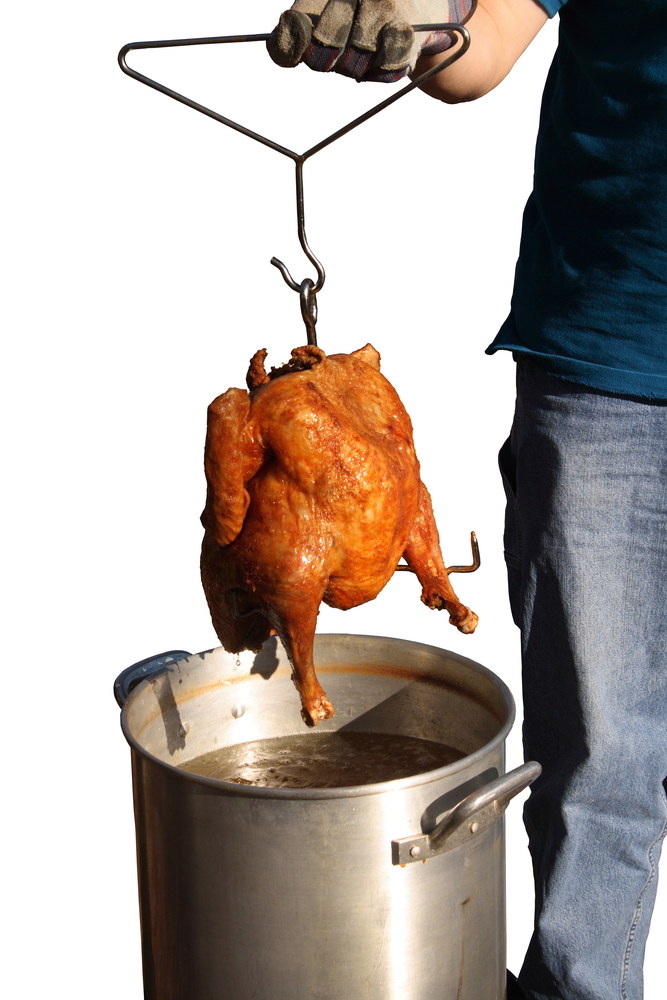
Still frying your turkey?
Although the craze for cooking the Thanksgiving turkey in an outdoor gas-fueled fryer that uses hot oil seems to have faded, some people continue to fry their turkey. But there is a safe way to do it.
If you really want a fried turkey, the National Fire Protection Association (NFPA) suggests looking for one that's been pre-cooked at grocery stores, specialty food retailers and restaurants, or considering using a new type of oil-less turkey fryer. If you’re going to try frying a turkey yourself, keep in mind that the biggest risk of personal injury is a burn from hot oil splattering. For example:
- You have to use a propane-fired turkey fryer outdoors, but weather can affect the cooking. If rain or snow hits the hot cooking oil, the oil may splatter or turn to steam, leading to burns.
- Your turkey must be completely thawed before placing it in the fryer because a partially thawed turkey will cause the oil to splatter—risking more burns.
- Fryers use a lot of oil—about five gallons. It’s difficult to place a 20-pound turkey into five gallons of oil without risking splatters and possible burns.
The Midland, Mich., fire department staged the following demonstrations showing safe and unsafe ways of frying a turkey
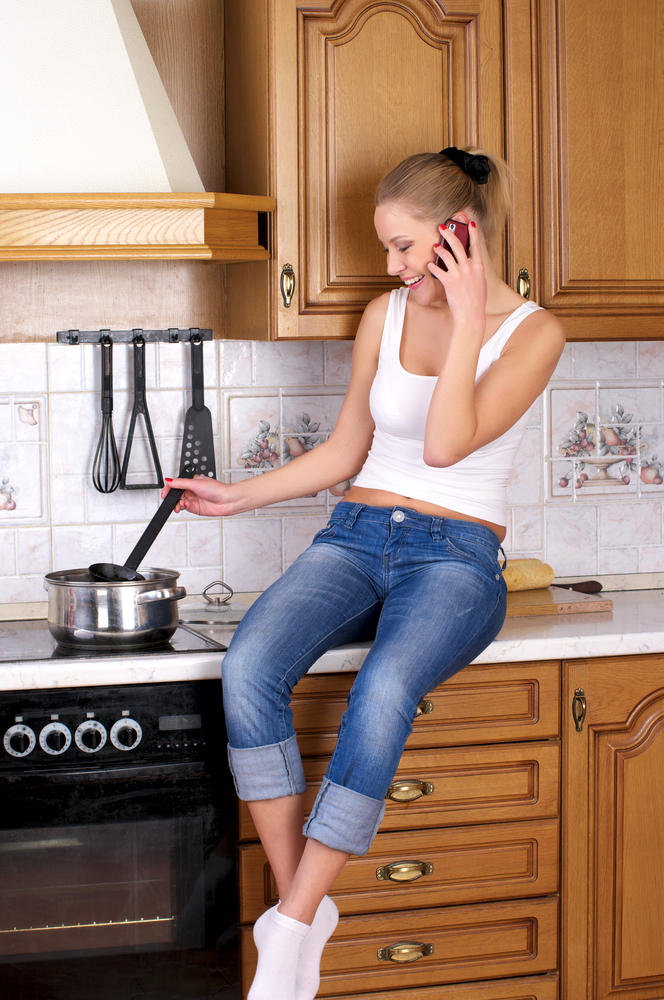
Distracted cooking
Although fires from deep-frying turkeys have garnered the most publicity, “distracted cooking” causes more kitchen fires.
For many, watching a Thanksgiving Day parade on television is as much a tradition as the meal. Kitchen fires start when someone leaves the turkey in the oven too long at too high a heat or starts to make gravy and lets it boil over, focused on the marching bands and character balloons instead of the stove.
Small children often want to “help,” especially if they’re visiting grandparents that they don’t see often. You can easily get distracted paying attention to the children or finding tasks for them to do and forgetting about the food on the stove. Plan ahead so children will be occupied or make sure someone is delegated to keep them away from the kitchen while you’re cooking.
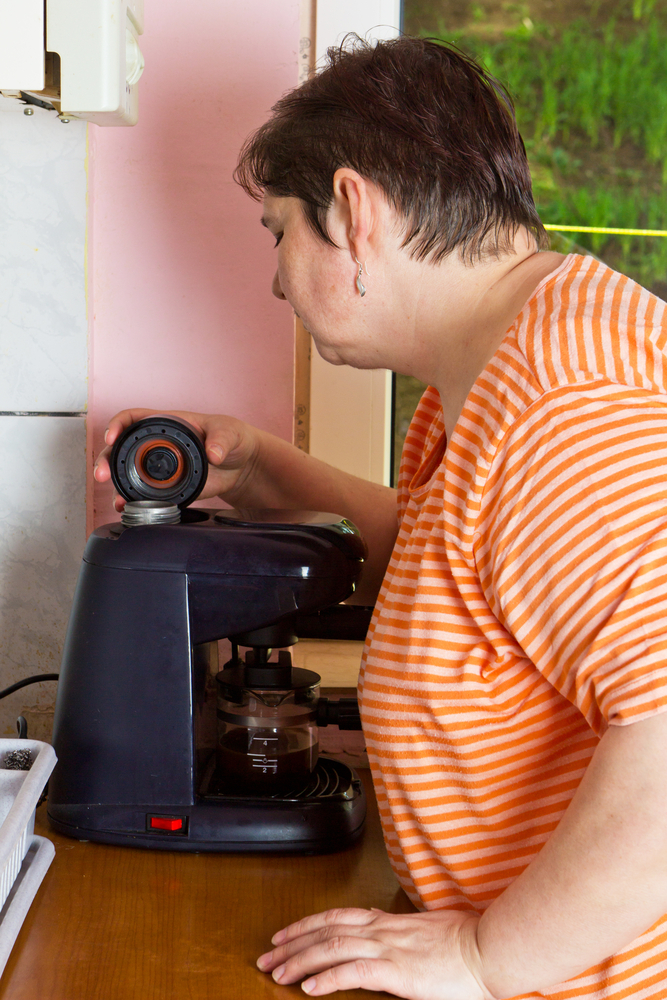
Too much alcohol, too little sleep
When you’ve been celebrating a little too much or you’ve been up late preparing for the holidays, you may get careless.
Pizza boxes keeping pizza warm in the oven can be forgotten when you’ve had one too many, leading to an oven fire or worse.
Some cooks decide to get creative at the holidays and plan dishes that ignite, like Bananas Foster. The recipe sounds simple, but lighting alcohol is tricky and best practiced several times before serving to guests. The most important rule to keep in mind is to measure the alcohol into a container and pour it into the pan before lighting, then step back as the flames flare up. (Once again, be sure to have a lid handy to smother the flame if necessary.) One hostess almost set her wig on fire by standing too close to the Cherries Jubilee!
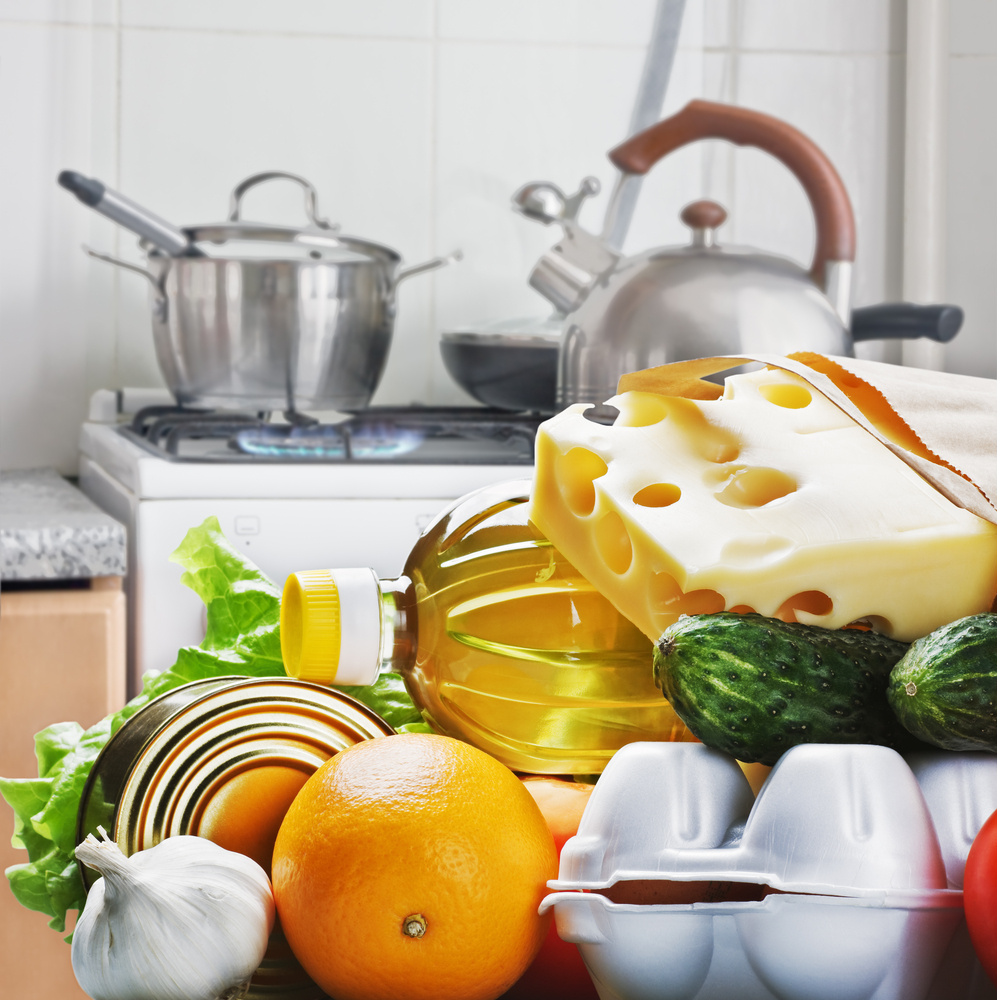
Crowded counters
No matter how much counter space you have, at holiday time it seems as though there’s never enough.
Keep anything that can catch fire—pot holders, oven mitts, wooden utensils, paper or plastic bags, food packaging, and towels or curtains, for instance—away from any heat-generating appliance, not just your stove.
Plastic bags on top of the toaster oven, anyone?
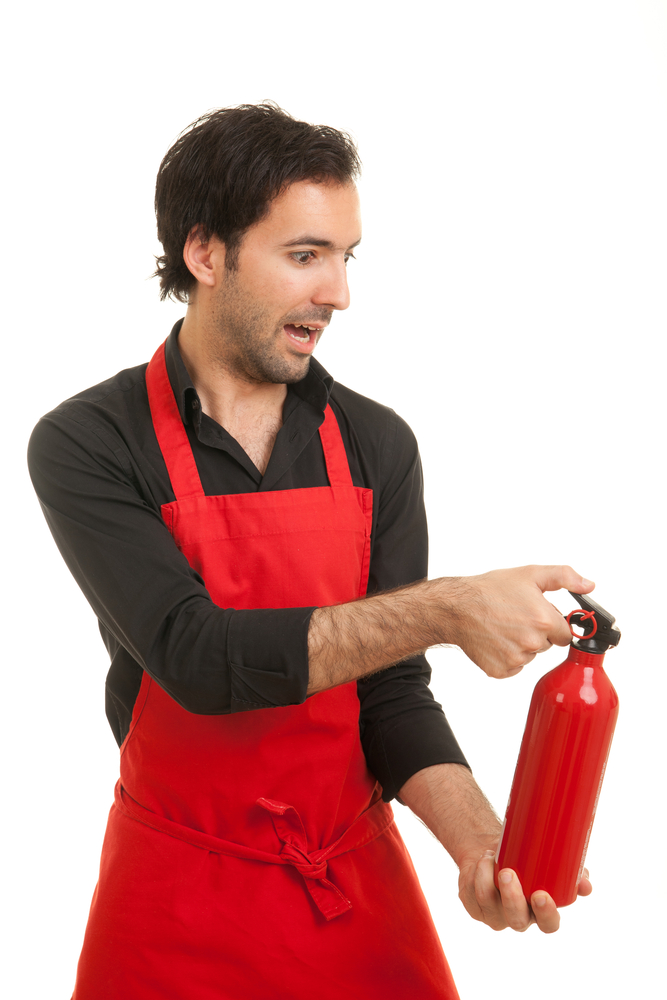
Not a time to ‘do it yourself’
The NFPA says that there are some actions you can take to douse a cooking fire if they’re small enough.
- Keep a lid nearby when you’re frying to smother small grease fires.
- Smother the fire by sliding the lid over the pan and turn off the stovetop. Leave the pan covered, in place, until it has cooled completely.
- For an oven fire, turn off the heat and keep the door closed.
- Keep a fire extinguisher handy and be sure you know how to use it correctly.
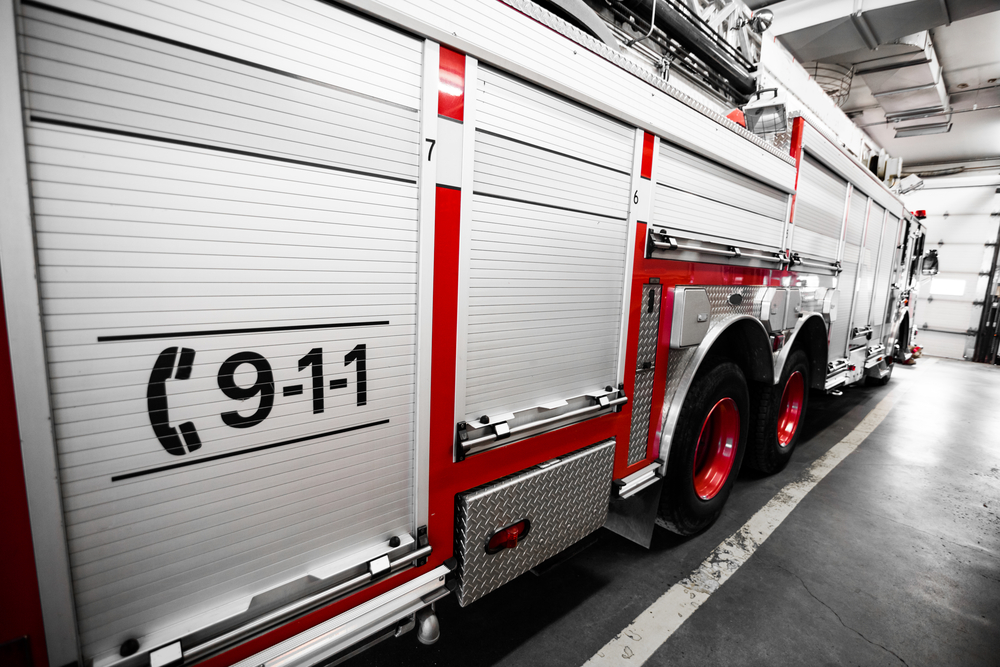
For any other kind of kitchen fire, just get out!
When you leave, close the door behind you to help contain the fire. Call 9-1-1 or the local emergency number after you and all family members are safely out.
With a few precautions, everyone can have several great meals without the risk of fire. Bon appétit!
Want to continue reading?
Become a Free PropertyCasualty360 Digital Reader
Your access to unlimited PropertyCasualty360 content isn’t changing.
Once you are an ALM digital member, you’ll receive:
- Breaking insurance news and analysis, on-site and via our newsletters and custom alerts
- Weekly Insurance Speak podcast featuring exclusive interviews with industry leaders
- Educational webcasts, white papers, and ebooks from industry thought leaders
- Critical converage of the employee benefits and financial advisory markets on our other ALM sites, BenefitsPRO and ThinkAdvisor
Already have an account? Sign In Now
© 2025 ALM Global, LLC, All Rights Reserved. Request academic re-use from www.copyright.com. All other uses, submit a request to [email protected]. For more information visit Asset & Logo Licensing.








